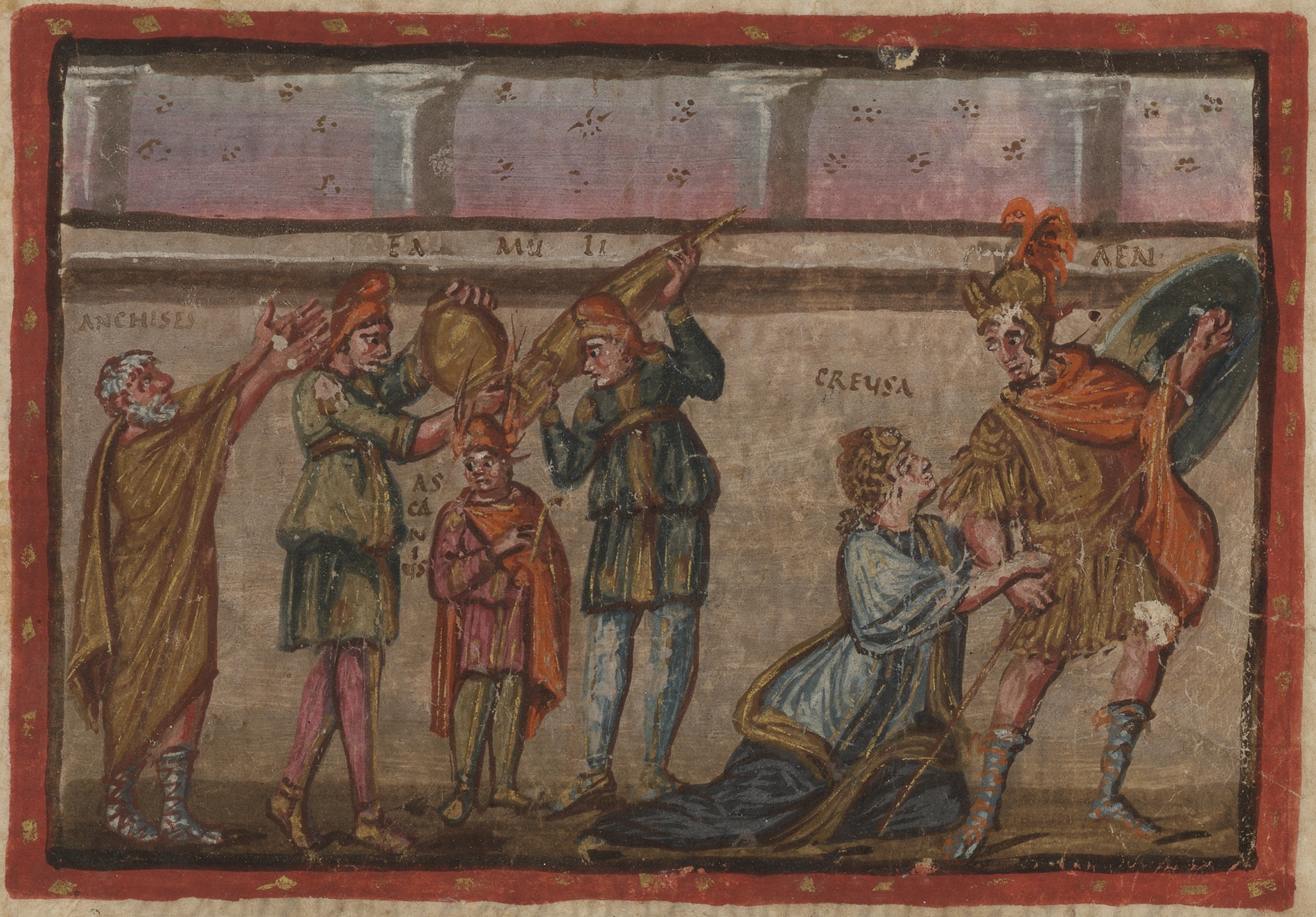Poena aut venia? Attitudes toward Emigration in Rome, Byzantium, and Beyond

The incoming mobility has long been central for both migration research and actual politics. The conference will propose to shift the traditional focus of attention from immigration to emigration and explore the phenomenon of “against-the-stream” movement of people in late antiquity and Byzantium.
This outgoing mobility could provoke different reactions of the governments of sending countries. Examples range from preventing emigration through exit control and associating it with treason, through persecution of returnees and captives, to—on the contrary—encouraging emigration and exploiting the loyalty of emigrants in the interests of their home state. Scrutiny of acts of emigration and of the state responses to such acts reveals the degree of individual freedom of movement and of decision making. Another important issue is the way acts of leaving shaped the opinions of those who stayed. The conference will examine the impact of emigration on the communities in sending societies. It will also aim to study the range of public attitudes to emigration in order to offer a new view on cohesion in—and on the points of disruption of—the society. A research dialogue on the topic will contribute to bridging a substantial gap in scholarship, fostering a collective reflection on the subject of migration as a process of leaving.
Speakers: Nancy Green, Peter Heather, Julia Hillner, Arnaldo Marcone, Ekaterina Nechaeva, Filippo Ronconi, and Vera von Falkenhausen. Papers will be given in English.
The conference is organized by Ekaterina Nechaeva (EURIAS Fellow, Collegium Helveticum) with financial and logistic support from the Collegium Helveticum and the American Academy in Rome.
The conference in Rome will be preceded by an introductory meeting with a more broad historical focus ‘Attitudes towards Emigration in Antiquity and Middle Ages’, that will take place in Zurich, on Friday, 26 May, 2017.